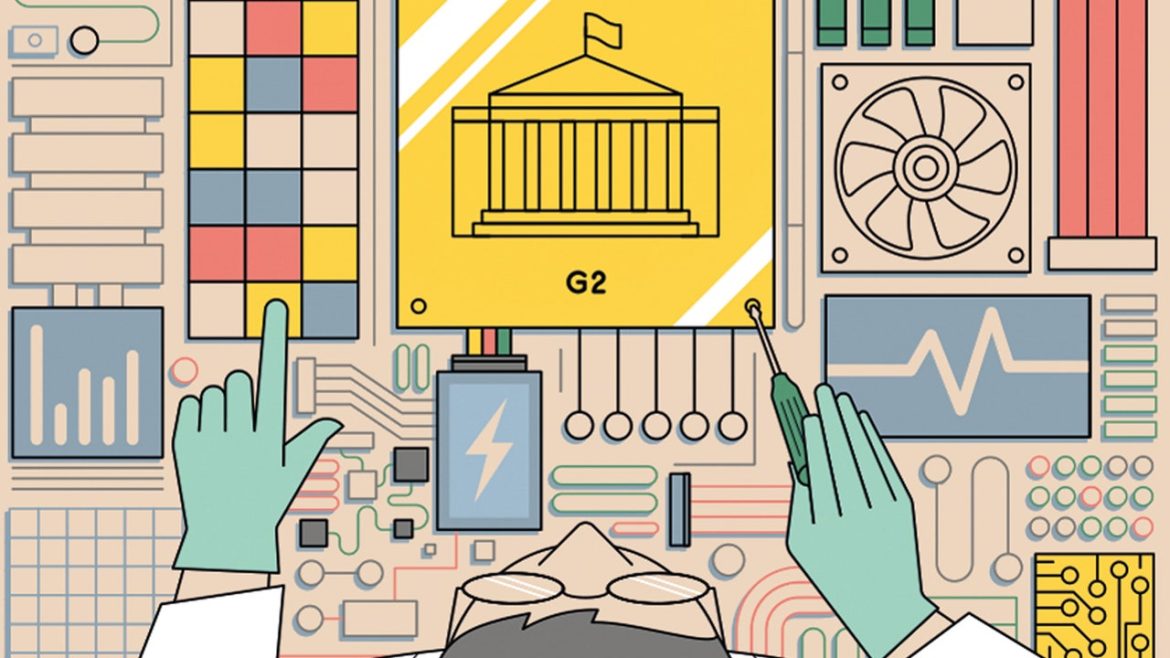Heading: Governments Embracing Technology to Serve Citizens in 2022
The Covid-19 pandemic has pushed many countries to automate government services and reduce physical touchpoints, forcing them to adopt data and technology-driven approaches to governance. As a result, in 2022, both developed and developing countries are expected to build on this trend and use blockchain and AI to streamline government operations, reduce bureaucratic bottlenecks, and optimize services.
Citizens are now demanding that governments expand this data-driven approach to non-pandemic related activities and develop intuitive and user-friendly technology to provide transparent, decentralized, and participatory systems that touch all areas of civic life. For example, the UK’s Build Back Better strategy plans to utilize regulation to unlock technologies such as drones and autonomous vehicles to deliver sophisticated policymaking that benefits citizens and the economy.
Similarly, South Africa has seen the rapid adoption of intelligent instant-messaging platforms to improve remote government-citizen engagements and meet increasing demands for accountability. In 2022, other governments in Africa and elsewhere are expected to follow suit. However, this transformation will not be easy for many countries, as it will require an audit of legacy infrastructure, the expansion of cloud-computing facilities, the retraining of civil servants, and a new culture that prioritizes accountability and responsibility.
Furthermore, governments will need to recruit data scientists and AI and cloud-computing experts to help policy leaders realize the benefits of data-led government. They will also need to establish new norms in the way government is done, including guidelines on the ethical use of technology to avoid bias and respect citizens’ privacy.
Developing countries can adopt technologies already used in the developed world to move in this direction. For instance, AI and machine learning are transferable technologies that could help countries with weak institutions fight public-sector corruption.
Governments are also expected to utilize blockchain to replace inefficient centralized systems with more secure platforms that enable decentralized registers. In addition, digital identity and smart recognition systems are anticipated to be used to predict and resolve crime, while intelligent voice-response systems will see wider adoption in the provision of basic services.
Ultimately, these technological advancements are expected to make governance more efficient and build deeper trust between citizens and their governments. However, there are still many challenges to overcome before countries can become truly digital and transparent. In 2022, all governments are likely to prioritize digitization for their citizens to thrive.
If you enjoyed this news article, get more expert predictions for the year ahead from The WIRED World in 2022.

I have over 10 years of experience in the cryptocurrency industry and I have been on the list of the top authors on LinkedIn for the past 5 years. I have a wealth of knowledge to share with my readers, and my goal is to help them navigate the ever-changing world of cryptocurrencies.
